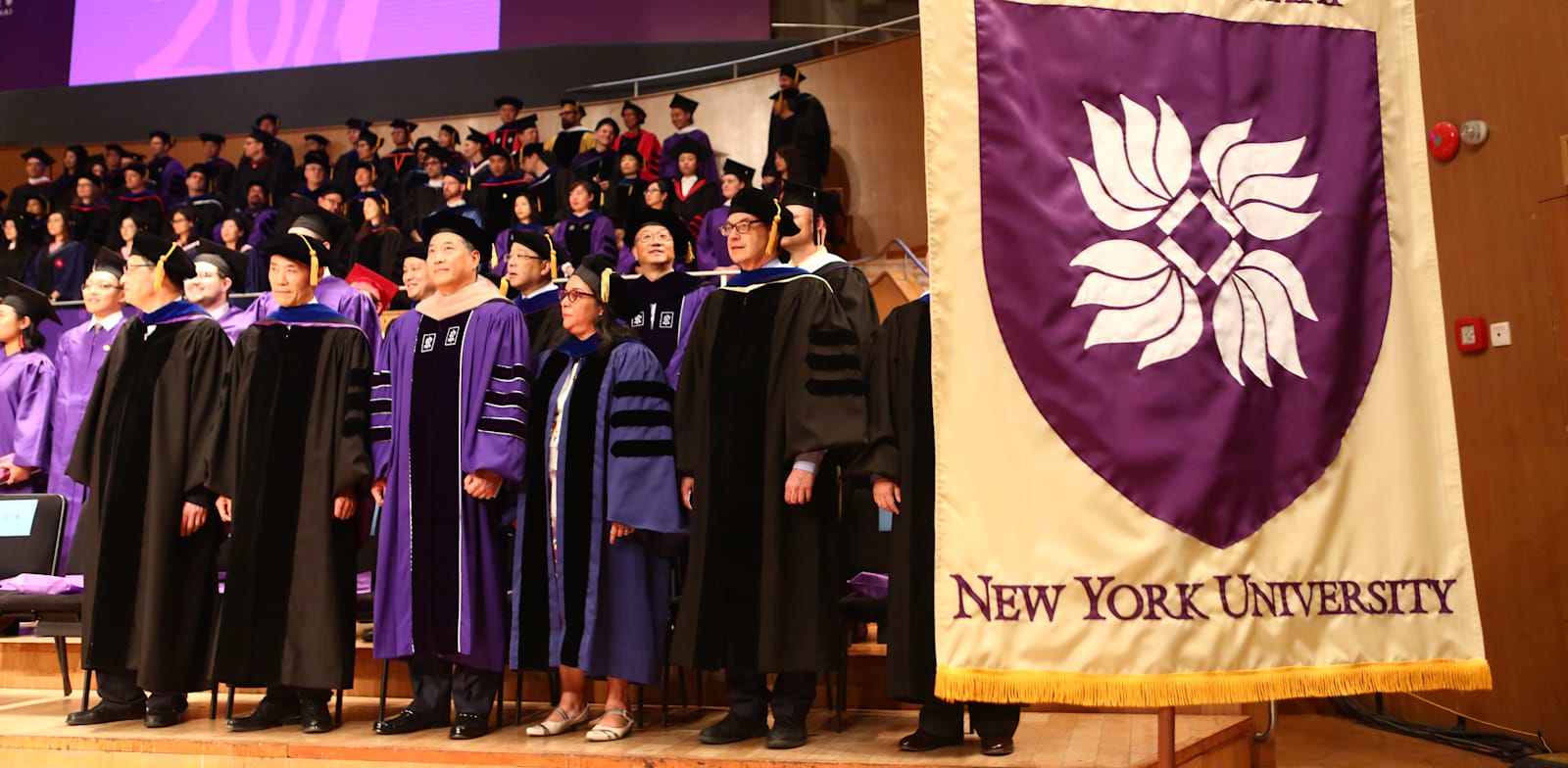American universities have established contracts with Chinese companies, and these deals are profitable. The majority of the contracts were signed between 2012 and 2024, totaling $2.32 billion. These agreements cover a wide range of industries, including medicine, agriculture, and manufacturing. Despite tensions between the US and China, trade between universities and Chinese businesses continues to thrive.
However, there are concerns about the line between academic research collaboration and empowering a potential US rival. The Wall Street Journal has reviewed nearly 200 US colleges and universities that had contracts with Chinese companies during this time period. Some critics argue that these collaborations give Chinese companies an advantage that they cannot obtain elsewhere, leading to discussions among policymakers and education department officials about which contracts should be legal or illegal.
National security risks are also a concern when it comes to these collaborations, especially if they involve technology transfer or intellectual property theft. Officials in Washington fear that these collaborations could lead to the misuse of technology by Beijing for military purposes. There are calls for stricter oversight and regulations on Chinese contracts with US schools to protect national security interests.
One company in particular is WuXi AppTec, known as the “Huawei of pharma”, which has contracts with US universities for research and development activities. Officials worry that these collaborations could lead to technology leaks or intellectual property theft by Beijing for military purposes, leading to fears of national security risks associated with such partnerships.
The US-China Economic and Security Review Commission is advocating for legislation to subject Chinese contracts with universities to national security reviews in order to prevent such risks from occurring. While there are financial benefits associated with these partnerships, ethical considerations regarding the transfer of technology and knowledge must be taken into account when dealing with potentially adversarial entities like China.
In conclusion, while Chinese contracts with US universities provide financial support and opportunities for research collaboration, there are valid concerns about the potential risks and implications of such partnerships on national security interests. Policymakers must strike a balance between academic research collaboration and national security interests in order to protect American interests from potential harm caused by partnering with adversarial entities like China.
